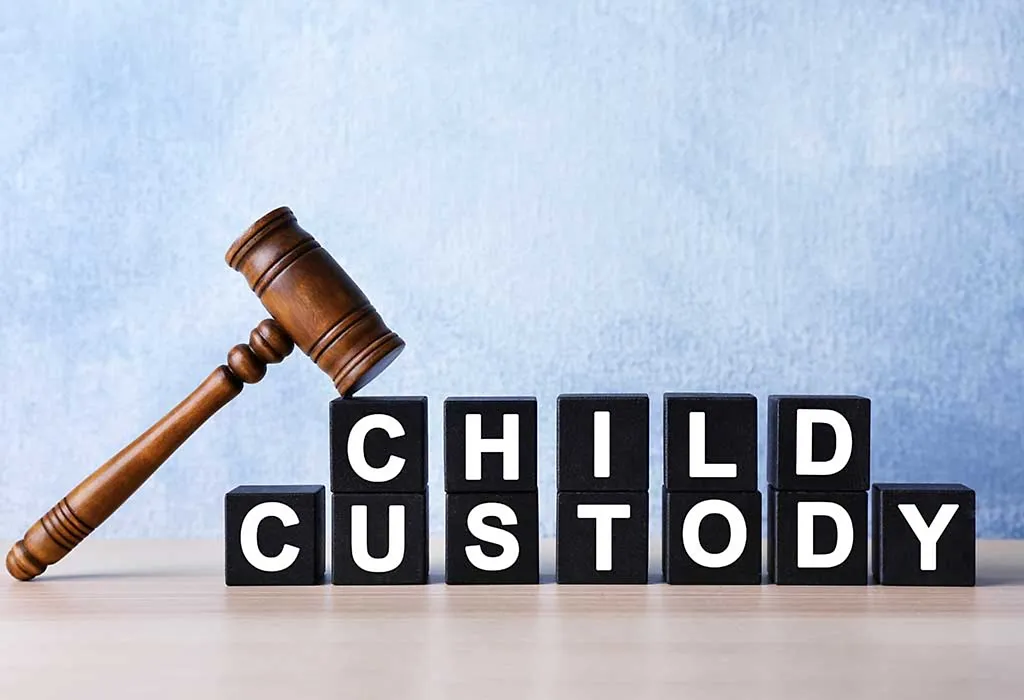
The duration of a short custody order varies from state to state, but the course of a temporary custody around six months. This gives the parents time to come to a more permanent arrangement that is in the child’s best interests. If the parents cannot agree, the court may extend the temporary custody order or make it permanent.
What are Temporary Orders?
In a divorce or child custody case, “temporary orders” are court orders that set the rules while the case is pending. These orders cover everything from child custody and visitation to financial matters such as spousal support and property division.
In some cases, temporary orders can determine which spouse will remain in the family home while the divorce is pending.
Temporary orders are typically issued early in the divorce process and remain in effect until the divorce is finalized or until the court issues a new order.
What Does a Temporary Custody Order Cover?
A temporary custody order can cover any issues related to child custody and visitation. For example, a custody order can:
- Grant one parent primary physical guardianship of the child while the divorce is pending
- Set a schedule for visitation and parenting time
- Establish which parent will make decisions about the child’s education, health care, and religious upbringing
- Require that both parents attend parenting classes or counseling
- Order one parent to pay child support to the other
A temporary custody order can also cover any other issue relevant to the child’s welfare.
How Long Does a Temporary Custody Order Last?
A short custody order duration varies from state to state but is typically around six months. This gives the parents time to come to a more permanent arrangement that is in the child’s best interests. If the parents cannot agree, the court may extend the temporary custody order or make it permanent.
What Happens if One Parent Violates a Temporary Custody Order?
If one parent violates a temporary custody order, the other can file a contempt court action. This is a legal proceeding in which the court can order the violating parent to pay a fine, go to jail, or take corrective action.
Sometimes, a parent who repeatedly violates a temporary custody order may be found in contempt of court and have their custodial rights terminated.
It is important to remember that a temporary custody order is just that – temporary. It is not meant to be a permanent arrangement and can be modified at any time if the needs of the child change.
If you have any questions about a custody order in your state, you should contact an experienced family law attorney for help.
What Steps to Obtaining a Temporary Custody Order?
There are some steps you’ll need to take to obtain a temporary custody order
- File a petition with the court. This document starts the legal process and sets forth your request for a custody order.
- Serve the other parent with the petition. The other parent must be given notice of the proceedings so that they have a chance to respond.
- Attend the hearing. Both parents will have the option to present their case to the judge at a hearing. After considering the evidence, the judge will issue a temporary custody order.
- Follow the terms of the order. Once the order is issued, it must be followed until it is modified or terminated by the court.
Final Words
If you are in the depth of a divorce or child custody case, it is essential to understand your rights and options concerning temporary orders. An experienced family law attorney can help you protect your interests and ensure that your child’s best interests are being considered. Reach an attorney in your area today to learn more.

Elena graduated from Loyola Law School in Los Angeles. While in law school, she interned for the ACLU of Southern California. After graduation, Elena worked as a civil rights attorney for the ACLU of Northern California. She has experience in a variety of legal fields, including family law, personal injury, and criminal defense.
She is passionate about fighting for the rights of all people. She believes that everyone deserves to be treated fairly and with respect. All the possible efforts are being done by her to ensure that everyone has access to justice.
